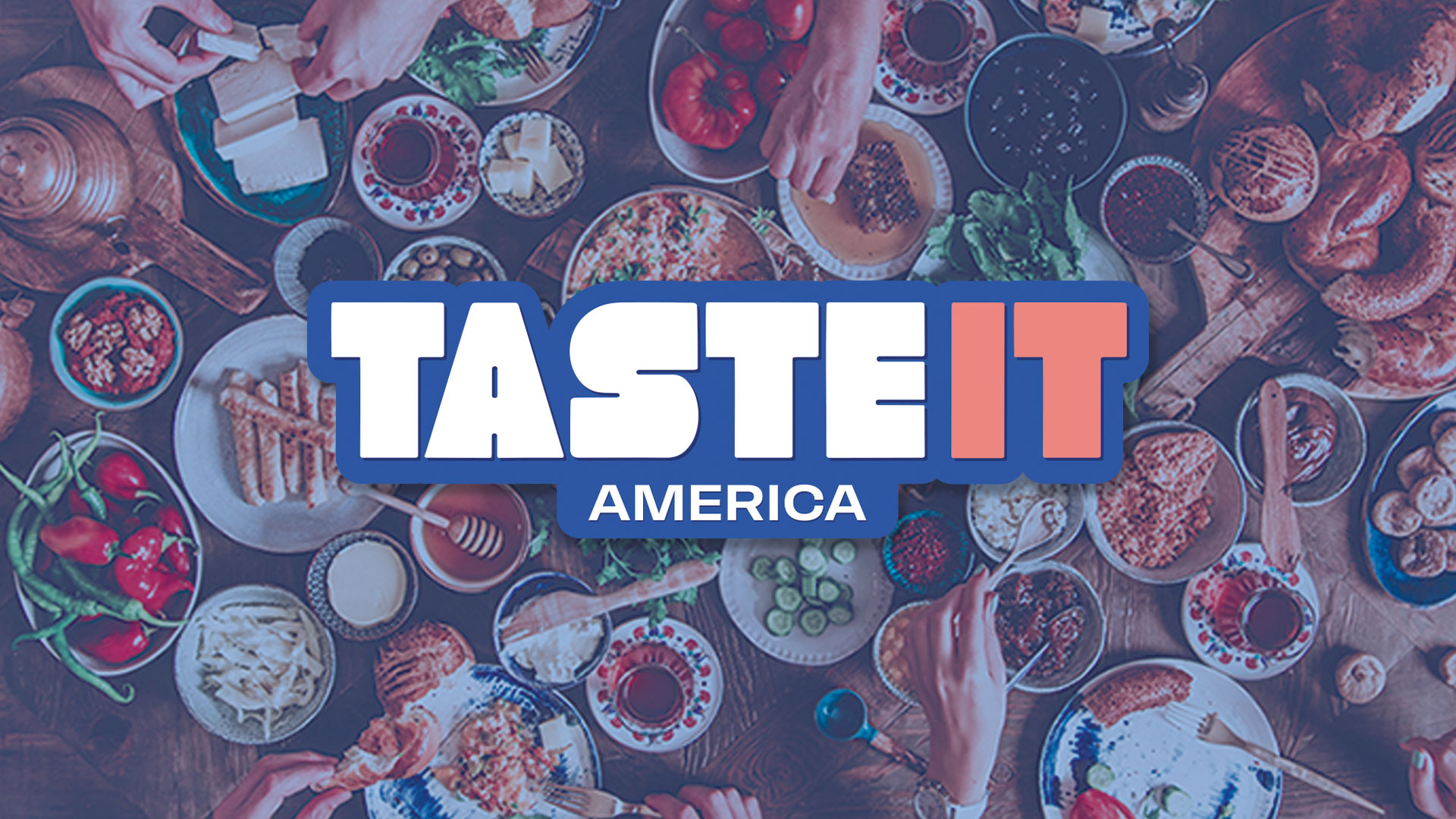Several baby food manufacturers are failing to meet California’s strict lead limits under Proposition 65, a Reuters investigation published April 16 has found.
The report, based on 1,757 test results from nine manufacturers, found 102 products exceeding the state’s maximum allowable dose of 0.5 micrograms of lead per day. While none of the tested products exceeded the FDA’s 2.2 micrograms per day lead guideline for children, California’s stricter threshold highlights a gap in federal oversight, prompting debate over which standard better protects infants.
The findings renew concerns about heavy metal exposure in infant products. Lead is known to impair neurological development even at low levels, though links to conditions like autism and ADHD — as alleged in a recent lawsuit — remain scientifically inconclusive.
Non-compliant manufacturers include Plum Organics, Beech-Nut, Gerber (owned by Nestlé), Square Baby, Pumpkin Tree, and Happy Baby (owned by Danone). Specific products flagged include organic sweet potatoes from Beech-Nut, Just Prunes from Plum Organics, and 2nd Foods carrots from Gerber. Some manufacturers argue that California law allows averaging lead levels across product batches or a child’s diet, but food industry experts note that Proposition 65 does not explicitly permit this, and courts have only occasionally accepted such defenses.
California’s Proposition 65
California’s Proposition 65 sets a strict lead limit of 0.5 micrograms per day for consumer products, far lower than the U.S. Food and Drug Administration’s guideline. A new California law, effective Jan. 1, 2025, mandates monthly testing for lead, arsenic, cadmium and mercury for baby food, with results publicly accessible via QR codes on labels. The FDA’s “Closer to Zero” initiative, launched in 2021, aims to reduce heavy metals in baby food but remains voluntary. The agency’s final guidance, issued Jan. 6, sets non-binding action levels for lead, leaving Proposition 65 as a critical enforcement tool.
Manufacturers blamed the elevated lead levels on naturally occurring lead in soil and supply chain complexities. However, experts say much of the contamination stems from historical human activities like leaded pesticide use and industrial pollution, which can be mitigated.
Experts argue that companies can reduce contamination by sourcing ingredients from regions with cleaner soil, adopting better agricultural practices, or refining processing methods. For example, Cerebelly reduced lead levels by switching to suppliers in regions with lower soil contamination, achieving compliance with California’s standards, while Square Baby reformulated recipes to minimize heavy metal content.
Non-compliant manufacturers face legal and consumer risks. A nationwide lawsuit against Gerber, Plum Organics and Beech-Nut, alleging heavy metals cause autism and ADHD, was allowed to proceed in April. However, the scientific evidence linking low-level exposure to these conditions is debated. California’s Attorney General may also pursue enforcement under Proposition 65, though no actions were reported as of April 16.
Consumer guidance
Parents are advised to select brands with transparent testing practices, such as Plum Organics, Once Upon a Farm, and Square Baby, which voluntarily published 2024 test results. Consumers should check product labels for QR codes linking to heavy metal test data, though implementation may vary as manufacturers adapt to California’s new law by mid-2025. Some brands may delay compliance because of logistical challenges. Consumers can further reduce risks by diversifying their child’s diet and consulting pediatricians about exposure concerns.
No recalls were issued in connection with the Reuters findings as of April 16.
California’s transparency requirements could encourage industry-wide improvements if companies compete for consumer trust, though the extent of adoption remains uncertain as manufacturers adjust to the new regulations. Consumer advocates say the FDA’s slow progress on “Closer to Zero” underscores the importance of state regulations, but they say they hope federal mandates will eventually align with California’s more rigorous standards.
(To sign up for a free subscription to Food Safety News, click here.)


